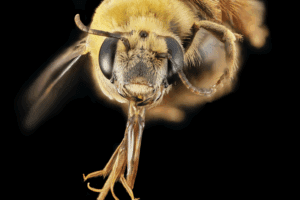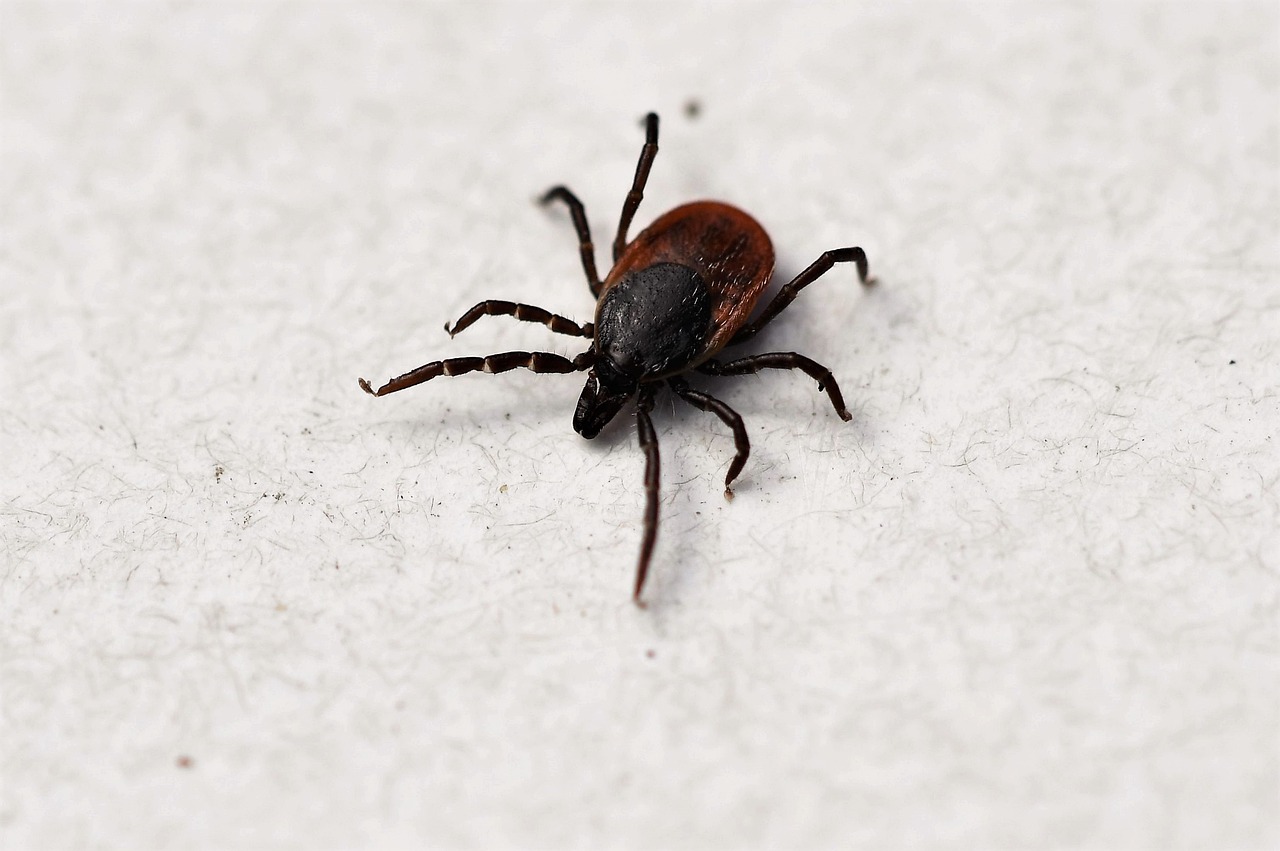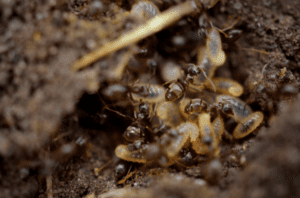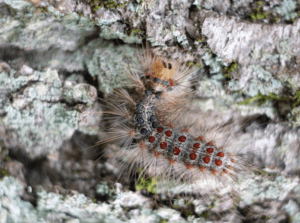

Preparing For Tick Season: How Warmer Winters Are Affecting Tick Populations
January 3, 2024
Warmer temperatures are reshaping New Jersey's winters, influencing the growth of tick populations. Understanding the correlation between warmer weather and tick distribution is crucial for mitigating health risks in the Garden State. This article delves into changing tick behavior and what to expect regarding ticks in the coming years.
What Are Ticks and Why Are They Dangerous?
Ticks are small parasitic arachnids that feed on the blood of animals and humans. They thrive in grassy, wooded areas, latching onto hosts by biting through the skin. While feeding, ticks can transmit a variety of infectious diseases, including Lyme disease, Rocky Mountain spotted fever, and more. Their danger lies in their ability to transmit these pathogens, leading to potentially severe health complications if left untreated. The longer a tick remains attached, the higher the risk of disease transmission. Symptoms of tick-borne illnesses can vary but often include fever, body aches, fatigue, and in some cases, neurological issues.Tick Season In New Jersey: A Typical Year
During a typical year, tick season in New Jersey aligns with the life cycle stages of ticks. It usually begins in early spring, around March to April, when adult ticks become active after overwintering. This stage coincides with increased outdoor activities and the emergence of warmer weather. As temperatures rise, the nymphal stage becomes prevalent, peaking from May through July. Nymphs, which are smaller and harder to detect than adult ticks, pose a significant threat due to their increased activity during this period. Late summer brings the larval stage, but tick larvae are less active and noticeable to humans. In the fall, particularly from September to November, adult ticks resurface, seeking hosts before winter. New Jersey's diverse climate and environmental conditions throughout the year create favorable periods for various tick life stages. Though, as we will discuss next, environmental conditions are changing from year to year, which in turn is changing the timing of tick season as well as the density of ticks’ populations.How Are Warmer Winters Affecting Tick Populations?
Warmer winters in New Jersey have contributed to shifts in tick populations by impacting their survival and activity patterns. Mild winters fail to create sustained cold periods that would normally limit tick populations by killing them off or reducing their activity. Instead, warmer temperatures allow ticks to thrive and expand their habitats. With fewer freezing days, ticks, particularly the black-legged ticks responsible for transmitting Lyme disease, can survive and remain active throughout the year. This extended activity period increases the likelihood of tick encounters for humans and animals, consequently raising the risk of exposure to tick-borne diseases. Warmer winters also affect wildlife populations, potentially increasing host availability for ticks, further influencing their prevalence and distribution. Consequently, these climatic changes necessitate year-round tick prevention strategies and increased awareness to mitigate the risks posed by expanding tick populations in New Jersey.What To Expect During 2024’s Tick Season
In 2024, ticks will continue being a growing concern, especially in places like New Jersey. Trends from recent years suggest that tick populations will probably continue to adapt and expand their habitats, influenced by climate, host availability, and environmental conditions. Climate changes like fluctuating temperatures and altered rain and snow patterns mean that ticks are liable to show up earlier in the year, appear in larger numbers, and stay active for longer. This upward trend is likely to continue in 2024 and the years to come. In more positive news, researchers at MassBiologic, a non-profit vaccine maker associated with UMass Chan Medical School, are developing a Lyme disease prevention shot called LymePrep which is predicted to hit the markets in 2024. Similar to a flu shot, LymePrep is not a vaccine and would be readministered each year before tick season. Additionally, companies like Pfizer are working toward a true Lyme disease vaccine, and they are hopeful that the vaccine will be ready by 2026.Reducing Tick Populations Around Your Property
As tick activity rises, we must all do our part to minimize their populations as much as possible. There are a number of steps that New Jersey home and business owners can take to reduce the number of ticks on their properties, which in turn may help to reduce populations across New Jersey:-
- Keep grass and vegetation trimmed: Regularly mow the lawn, trim shrubs, and clear leaf litter to reduce tick-friendly habitats.
-
- Create a barrier: Establish a barrier between wooded areas and the yard using gravel or wood chips to discourage tick migration.
-
- Fence off areas: Put up fences to keep away wildlife such as deer and rodents, as they can carry ticks onto your property.
-
- Discourage tick hosts: Create a less inviting environment for animals that harbor ticks by eliminating food sources and hiding spots.
-
- Consider landscaping choices: Choose plants that are less attractive to ticks, as well as those that are less attractive to hosts like deer and rodents.
-
- Utilize tick tubes: Implement tick tubes, or tubes containing permethrin-treated cotton balls. Mice will use the treated cotton to build their nests, which will eventually kill any ticks feeding on the mice. Tick tubes are especially effective against deer ticks, the main vector of Lyme disease.
-
- Consult professionals: Seek guidance from pest control experts or local health departments for effective tick management strategies tailored to your area.






